Introduction
Did you know Lebanese cuisine has a cache of healthful, traditional recipes emphasizing traditional flavors and healthy eating? Riding on a robust culinary heritage and nourished by a vegetarian base, these Lebanese vegetable dishes are delicious and incredibly nutritious.
Lebanese vegetarian food is a culinary adventure, offering diverse options from flavorful mezze to hearty stews and fragrant rice dishes. Each dish is a unique blend of flavors and textures, promising to satisfy every palate. With this collection of innovative and carefully selected recipes and accompanying tips, you can create mouthwatering, nutritious vegetarian meals that your family and friends will relish.
Prepare to delve into the foundations of vegetarian Lebanese cooking, receive instruction from the top instructors, and become accustomed to creating invaluable recipes in the Lebanese tradition. Whether you are looking for gourmet recipes, tips on healthful cooking, or quick, delectable meals, this article has all your needs met.
Important Points:
- A wide variety of delicious dishes are available in Lebanese vegetarian cuisine.
- Lebanese vegetarian cuisine is founded on conventional tastes and cooking methods.
- Discover from renowned chefs and integrate suggestions for wholesome eating into your culinary endeavors.
- Find fast and delicious food preparation recommendations for a simple and yummy encounter.
- Enjoy delicious and traditional Lebanese vegetarian recipes with a modern twist.
Investigation into the Origins of Lebanese Plant-Based Cuisine
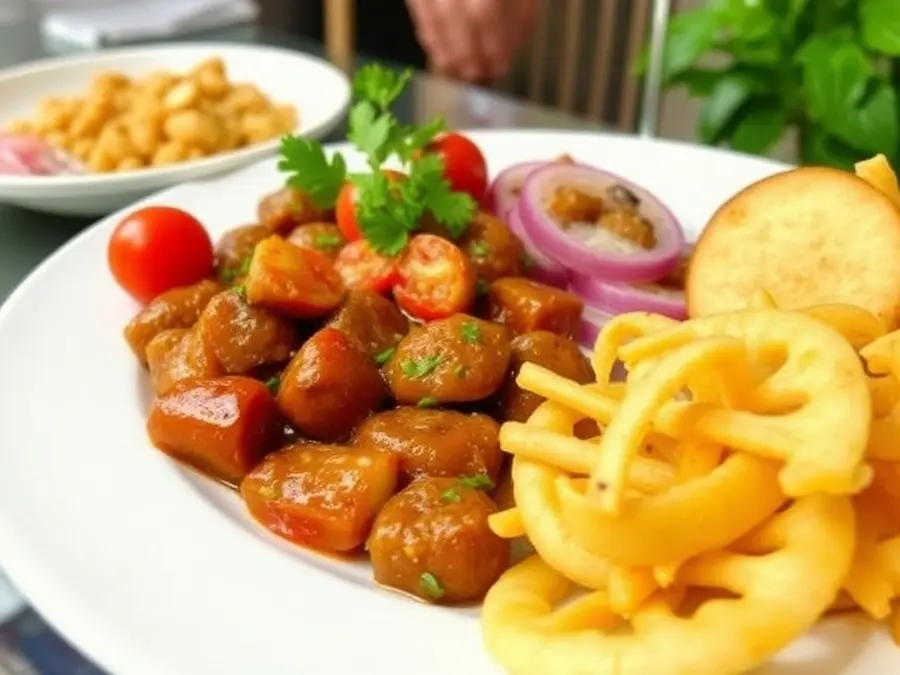
Vegetarian cuisine hailing from Lebanon is an excellent culinary experience, fashioned to highlight the bounty of flavors and traditions you would expect from such a rich portion of the Middle East. Its diverse selection of meatless plates features dishes that Lebanese cooks worldwide proudly showcase. This cuisine offers an excellent mix of flavors and textures, from appetizers to hearty dishes.
Lebanese vegetarian cooking is rooted in the culinary traditions of the Middle East, where simple and pure cooking is revered, as is the abundance of local, fresh ingredients. The historical fabric of these dishes is interwoven with authentic Lebanese cooking methods and ingredients.
The abundant regional plant-based ingredients drive Lebanese vegetarian cuisine. Essential aromatic herbs and spices, including mint, parsley, cinnamon, and cumin, create an exceptional flavor infused into dishes. Some common Lebanese ingredients in vegetarian dishes include bulgur wheat, rice, chickpeas, lentils, eggplants, tomatoes, and cucumbers. The extensive use of all these ingredients forms the base of Lebanese vegetarian dishes.
Lebanon’s cuisine is associated with carefully balanced flavors through the judicious application of herbs, spices, and cooking skills. Dishes frequently combine garlic, lemon juice, olive oil, and pomegranate molasses, using these sweet, sour, and salty ingredients as cornerstones for a sumptuous, sensual appeal.
Furthermore, Lebanon’s cooking methods, like grilling, baking, and slow cooking, contribute to the variety and complexity of flavors in Lebanese vegetarian cooking. Such methods release, for example, the natural sweetness in ingredients and allow for the development of rich and aromatic aromas.
Lebanese vegetarian cuisine, taken as a whole, demonstrates the use of fresh, plant-based ingredients, traditional tastes, and cooking that has not only lasted for centuries but has also improved over time. It is a distinct and delightful way to dine that draws individuals to the table and allows them to enjoy the buzz and variety of the Middle East’s flavors.
A Journey Through Lebanese Cuisine: A Blend of Flavor and Tradition
Lebanese cuisine is a masterful dish collection that expresses the Mediterranean spirit through classic cooking methods and vibrant seasonal foods. Tradition dictates that Tabbouleh is a beloved Lebanese salad, with its fresh blend of minced parsley, diced mint, tomato pieces, chopped onions, and bulgur dressing in the classic olive oil and lemon juice mixture.
Every mouthful of this dish celebrates freshness because it vividly delivers numerous flavors. Try Tabbouleh to experience the essential yet refined Lebanese dining style and taste authentic Lebanese cuisine and savory food. The secret to perfect Tabbouleh is fresh herbs and premium olive oil, which create a nutrient-rich dish with abundant vitamins and antioxidants.
Hummus is a fundamental Lebanese dish that combines tahini, blended chickpeas, garlic, and lemon juice. It is a food tradition that appears during all significant events, from formal celebrations to relaxed social events and everyday festivities. You can enjoy this dish with different food combinations because its smooth texture complements pita bread, fresh vegetables, grilled meats, and a strong tangy flavor.
Enhance your hummus presentation with olive oil, paprika, and a few pine nuts lightly browned in the oven. Applying toppings presents two layers of aesthetic value, attracting viewers and exciting food seekers. Traditional hummus, imported into Lebanese culinary events as a starter dish and main attraction, demonstrates Lebanese cultural values of enjoying meals together as friends and family.
Unveiling the Richness of Lebanese Recipes: Traditional Favorites
Traditional Kibbeh and its rich flavor patterns from Lebanese cuisine make it famous worldwide among diners seeking modern taste creation and authentic culinary heritage. Lebanon venerates Kibbeh as its national dish because of its status as a stand-out dish in Lebanese cuisine.
As a vital element of Lebanese cuisine, Kibbeh turns minced meat, including beef or lamb, into a mixture of bulgur wheat alongside onions and diverse spices. Its versatility extends to baked fried and uncooked forms, creating preparations suitable for all tastes. Kibbeh Nayeh is one of Lebanon’s most beloved dishes because it combines raw lamb or beef with spices and includes fresh mint and olive oil.
I have a keen appetite for Manakish, an iconic Lebanese pizza. Traditional Manakish consists of flatbread layered with three options: a za’atar mix of thyme, sesame seeds, and sumac, as well as cheese or meat ground toppings. Eastern wood-fired stone heat brings this baked dish to its full cooking potential before serving it at breakfast or lunch.
Food lovers find the collapsing interplay between crisp base and tangy toppings too tempting to resist because of its broad appeal to local and foreign guests. Lebanese food is talented at combining straightforward methods with robust, unique flavors, resulting in unforgettable tasting experiences that reveal its deep gastronomic traditions.
Each mouthful at any Lebanese restaurant or while cooking these meals at home celebrates the traditional values and historical bonds that have made this cuisine so beloved worldwide.
Mastering the Creation of a Valuable Cuisine Recipe: Lebanese-Style
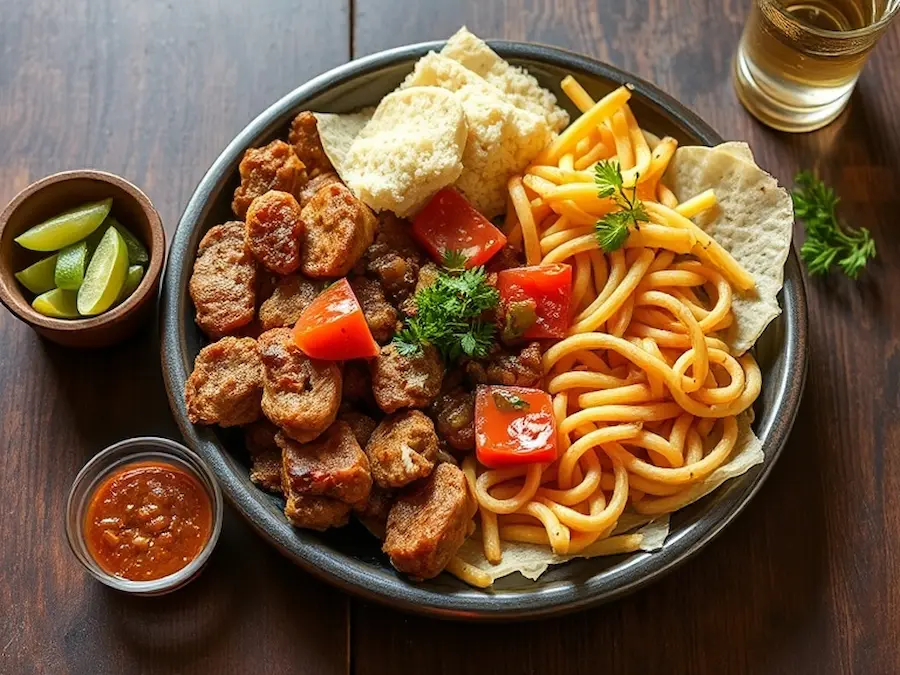
Crafting an invaluable cuisine recipe demands a fusion of creativity, gourmet expertise, and an intimate appreciation for palate profiles. Right here, we will demystify five-star cuisine recipes from some of the finest chefs in the world. We will look at mouth-watering, delectable, and delightful Lebanese vegetarian foods. By studying to be a master chef, you will increase your kitchen capability and astound your family and friends with delightful, gourmet creations.
Analyzing Recipes from Renowned Chefs
Master chefs have mastered creating exquisite gourmet recipes, and their knowledge can motivate you to produce restaurant-quality meals at home. These recipes embody the Lebanese vegetarian culinary tradition, from delectable appetizers to hearty main dishes.
Chef Samir, a famous Lebanese chef, emphasizes the importance of focusing on the specifics in developing fine cuisine recipes. Every ingredient plays a role in the dish’s overall flavor and appearance, so these elements must have a purpose. Once you understand the technique, experiment with different taste blends.
Integrating Traditional Cooking with Healthy Eating Guidelines
Known for its nourishing flavors and wholesome ingredients, Lebanese cooking delivers satisfying and delicious meals combined with healthy eating habits.
Guideline:
- Use olive oil instead of butter for a healthier fat option
- Increase your vegetable intake by adding an array of colorful produce to your dishes
- Opt for whole grains such as bulgur or brown rice instead of refined grains
- Experiment with herbs and spices to add flavor without relying on excessive salt
- Include plant-based sources of protein like chickpeas or lentils in your recipes
Rapid and Flavorful Lebanese Meal Preparation

Life can become hectic and overwhelming at times, but that should not result in the lack of flavorful dishes enjoyed at home by everyone. A set plan of Lebanese meal prep recipes is coming to the rescue. These recipe ideas might be what you need to save a considerable amount of time cooking in the kitchen while still treating yourself to healthy and delicious homemade meals. Here is everything you have to know about them:
To simplify the cooking procedure, prepare ingredients ahead of time, such as cleaning and slicing vegetables.
- Prepare large quantities of staple foods, such as rice or lentils, and place them in the refrigerator for quick and easy meal preparation.
- Consider investing in a high-quality blender or food processor to create dips, sauces, and dressings quickly.
- Discover simple one-pot dishes that limit the need for cleaning up afterward.
- Be inventive with leftovers and recycle them into fresh meals.
- By adhering to these hints, you can enjoy the taste of Lebanese food even on the busiest days.
By following these tips, you can enjoy the flavors of Lebanese cuisine even on your busiest days.
| Valuable Cuisine Recipe | Gourmet Food Recipes | Healthy Cooking Tips | Quick and Easy Meal Prep | Lebanese Vegetarian Dishes |
| Create flavorful and nutritious recipes | Discover gourmet recipes from top chefs | Incorporate healthy eating tips into your cooking | Save time with quick and easy meal prep | Explore delicious Lebanese vegetarian dishes |
Top Lebanese Vegetable Dishes To Make At Home
Are you prepared to excite your taste receptors with the finest homemade Lebanese meatless dishes? Lebanese food comes in diverse, robust flavors that guarantee you want more. Whether you admire standard religious food or wish for inventive revisions of those perennial classics, Lebanese vegetarian dishes can offer up a little bit (or a lot!) of something for everyone.
Lebanese appetizers, collectively called mezze, are an increasingly favored choice when dining vegetarian and abound with intense tastes. This spread can include tangy tabbouleh, crispy falafel, and suck-aside baba ghanoush, a more alluring version of hummus. They’re perfect for sharing and give you a vivid impression of Lebanon’s flavor. The combination of fresh and leafy vegetables, highly aromatic textures, and essential oils in olive oil makes for an Eastern medley in every bite.
Lebanese stews, such as Fasoulia and Bamia, are excellent options for anyone seeking a delicious and comforting meal. Fasoulia is a savory bean stew with tomatoes, garlic, onions, and aromatic spices. Bamia features tender okra in a lush, tomato-based sauce. These dishes pair wonderfully with fluffy white rice, and they’re hearty and soul-soothing in the way only a good stew can be.
Lebanese cooking is a sure bet for individuals seeking an innovative take on traditional favorites. Using ingredients like quinoa, eggplant, and pomegranate molasses, classic dishes can be made new again. This integration of fresh ingredients breathes modern life into ancient recipes, and the playing together of flavors creates a table of traditional but not dated cuisine.
Suppose you want to dive into Lebanese vegetarian cuisine. In that case, you should test your skills on a version of tabbouleh using couscous, quinoa, or other grains instead of the traditional bulgur wheat. It would be best to experiment with Malouf, a roll stuffed with herbs, flavored rice, and ground meat. Third, it opens up a new culinary horizon and new flavors._
| Common Mezze Dishes | Traditional Favorites | Innovative Twists |
| Hummus | Falafel | Quinoa Tabouleh |
| Baba Ghanoush | Malfouf (Cabbage Rolls) | Eggplant Moussaka |
| Tabbouleh | Fasoulia (Bean Stew) | Pomegranate Molasses Roasted Vegetables |
| Labneh | Bamia (Okra Stew) | Sweet Potato Kibbeh |
Set out on a food journey. Experience the multicultural palate of Lebanese vegetarian cooking. Lebanese grub takes you over the moon if you love age-old starters, rich stews, or state-of-the-art reinterpretations of familiar favorites. Gather your food items, get your burners humming, and prepare to relish all-consuming helpings of these Lebanese veggie entrées.
In summary
Lebanese vegetarian cuisine brings many priceless heritage recipes that honor basic tastes and good nutrition. Once you have the framework of Lebanese vegetarian cuisine down, and once you have pored over gourmet recipes that belong in the repertoire, and then once you’ve got plus can offer the most reasonable commentary on eating well, you’ll have something significant and delicious to put on that plate. These recipes are required eating for anyone who likes good solid comebacks in the tradition of gladdening introduced to or exposed to new and different things and, well, for everyone else too.
Diverse flavors and constituents characterize Lebanese vegetarian delicacies, which captivate tongues and satiate bodies. Lebanon’s vegetarian inventory exploits aromatic herbs and hints of spice, utilizing fresh crops and plant-based proteins to conclude in a captivating equilibrium of healthful and gratifying cuisine. The composition of cuisine blueprints is bequeathed to preserve the palatable descent of traditional Lebanese food.
We have explored gourmet recipes from renowned chefs so that you can learn their secrets for making delicious vegetarian Lebanese dishes. You can achieve the same flavors and textures as this tempting cuisine using their cooking methods. Also, when you add some suggestions on how to eat healthfully, you’ll have tasty meals that are good for you and will help you stay in shape!
As you create Lebanese vegetarian dishes, remember that it’s all about experimenting and making them your own. Don’t hesitate to put your spin on classic dishes as long as you stay true to their Lebanese roots. Whether you’re dining alone, feeding the family, or entertaining friends, there’s something extra special about enjoying a homemade Lebanese vegetarian meal.
Frequently Asked Questions (FAQ)
Q: What are a few of the most excellent homemade vegetarian meals from Lebanon to sample?
It would be best to sample some of the most outstanding self-made Lebanese vegetarian specialties, such as the customary tabouli, hummus, falafel, and baba ghanoush plates. Furthermore, you might want to check out contemporary spins on the well-known classics: mujadara ( a blend of lentils and rice) or sarma (stuffed vine leaves). These edibles brim with delicious tastes, highlighting the variety and savoriness of Lebanese vegetarian victuals.
Q: How do I blend healthy eating suggestions with traditional Lebanese cuisine?
The best technique for infusing classic Lebanese cooking with more healthy eating insights might be to train the cook to concentrate on sourcing the finest fresh ingredients and then dressing them with local olive oil and lemon juice, which are often Egyptian and always pungently sweet.
Q: Can you offer some fast and delicious Lebanese meal preparation ideas?
Certainly! If you want to quickly and effortlessly prepare a satisfying Lebanese meal, consider making a large batch of mujadara or lentil soup and sectioning it into portions for heating throughout the week. Try to prepare a falafel platter and store it correctly. Organize mezze meals that contain substantial amounts of various pickles. Include countless different pickles, stuff them with great falafel and the remade batch of mujadara or lentil soup in mammoth groups, and disperse them into pre-cooked sections for pinpoint planning throughout the week.
Another idea is to prepare falafel in bulk, storing it in the refrigerator or freezing it for later use in salads, sandwiches, or wraps. Furthermore, you might fancy an assembly of mezze, implementing many starters for convenience and the feasibility of heating throughout the week.
Q: What are the top chef’s secrets to creating gourmet Lebanese vegetarian dishes?
Top-quality ingredients and flavor balance remain the top priorities for Pro Chefs Today. At the same time, we also focus equally on exploring depth and complexity in our recipes; it’s all about evolution and constant change. Therefore, don’t be afraid of adopting untraditional flavor marriages and diving into the unknown; that’s the only way to create innovative, fun, and spectacular flavor profiles. Finally, presentation is essential in gourmet cooking. Don’t forget that proper plating can do miracles for a dish, as that’s the first thing the customer sees, right!?
Q: What are some ways to create fantastic vegetarian Lebanese recipes that will have everyone eagerly requesting more?
Developing delectable food formulas for delicious Lebanese vegetarian dishes requires combining creativity, culinary awareness, and accuracy. Start by finding and learning about traditional Lebanese recipes and approaches and then devising your take on them. Be willing to work with new types of ingredients and styles of preparing and treat the flavors graciously as you progress through the cooking. Write a detailed report of your steps, then show off your excellent dishes with others, spreading good cheer about Lebanese vegetarian grub.
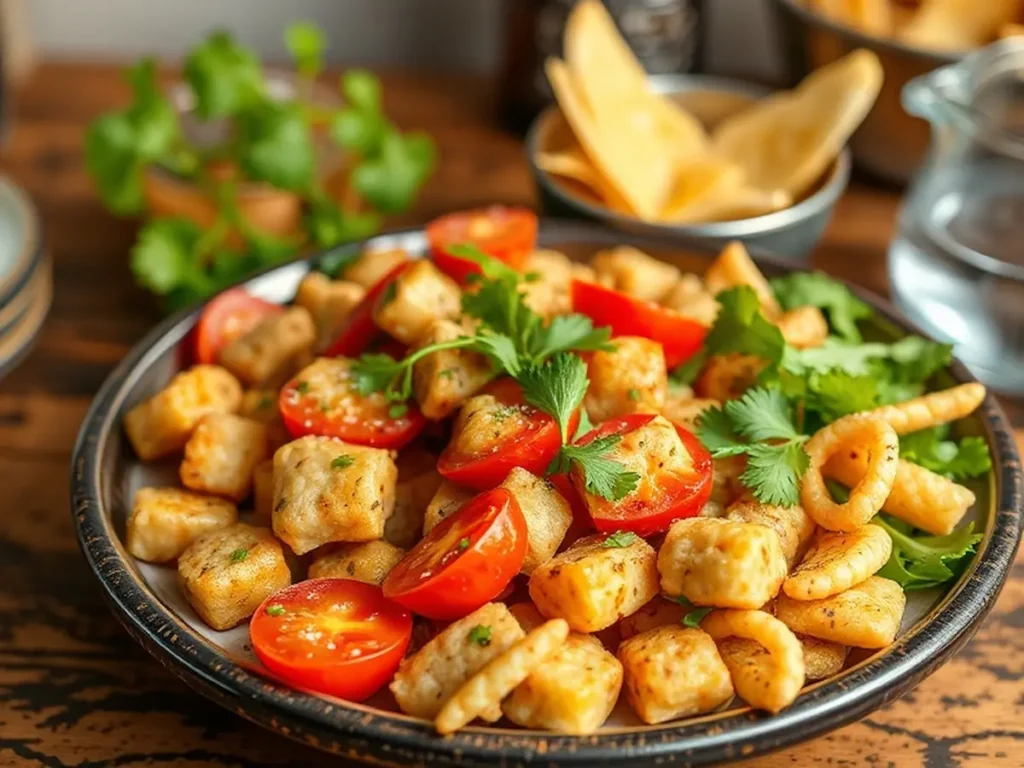
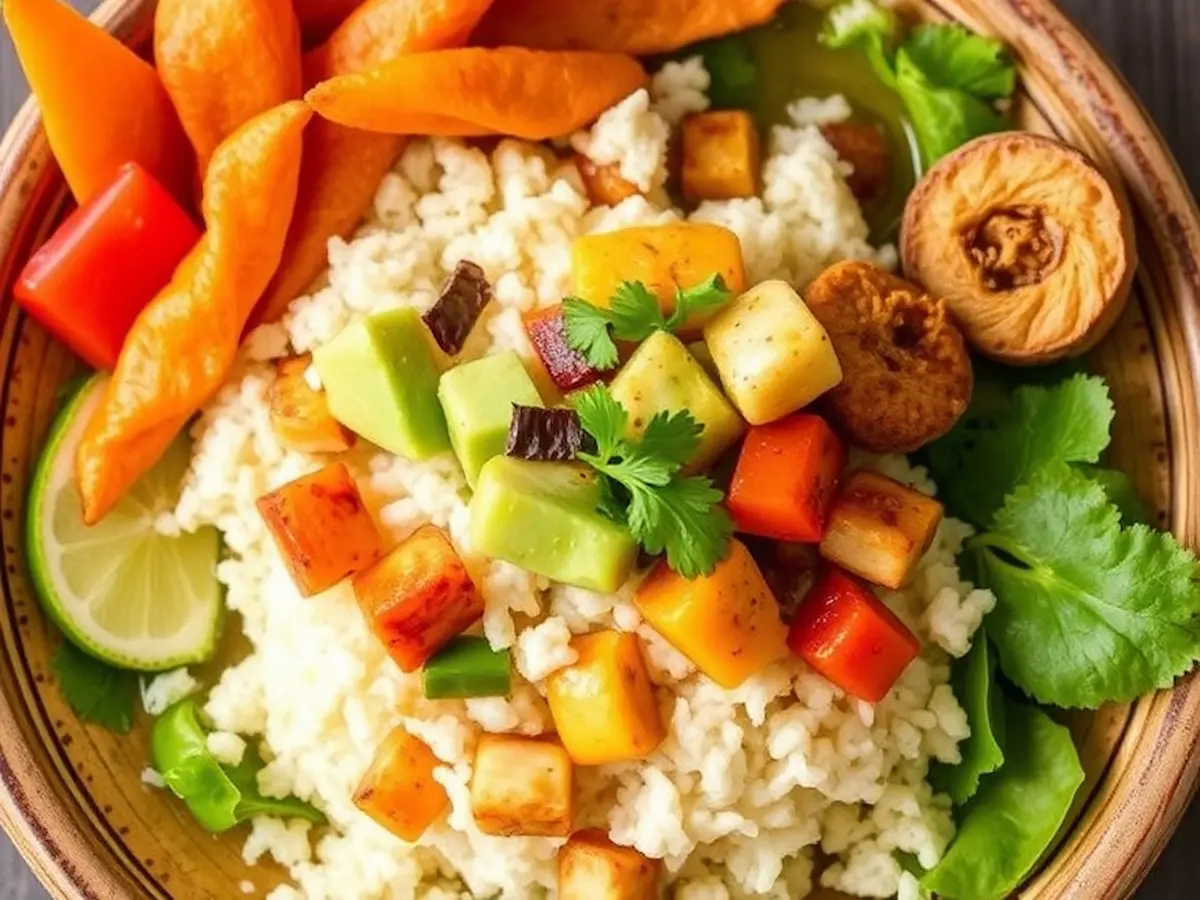
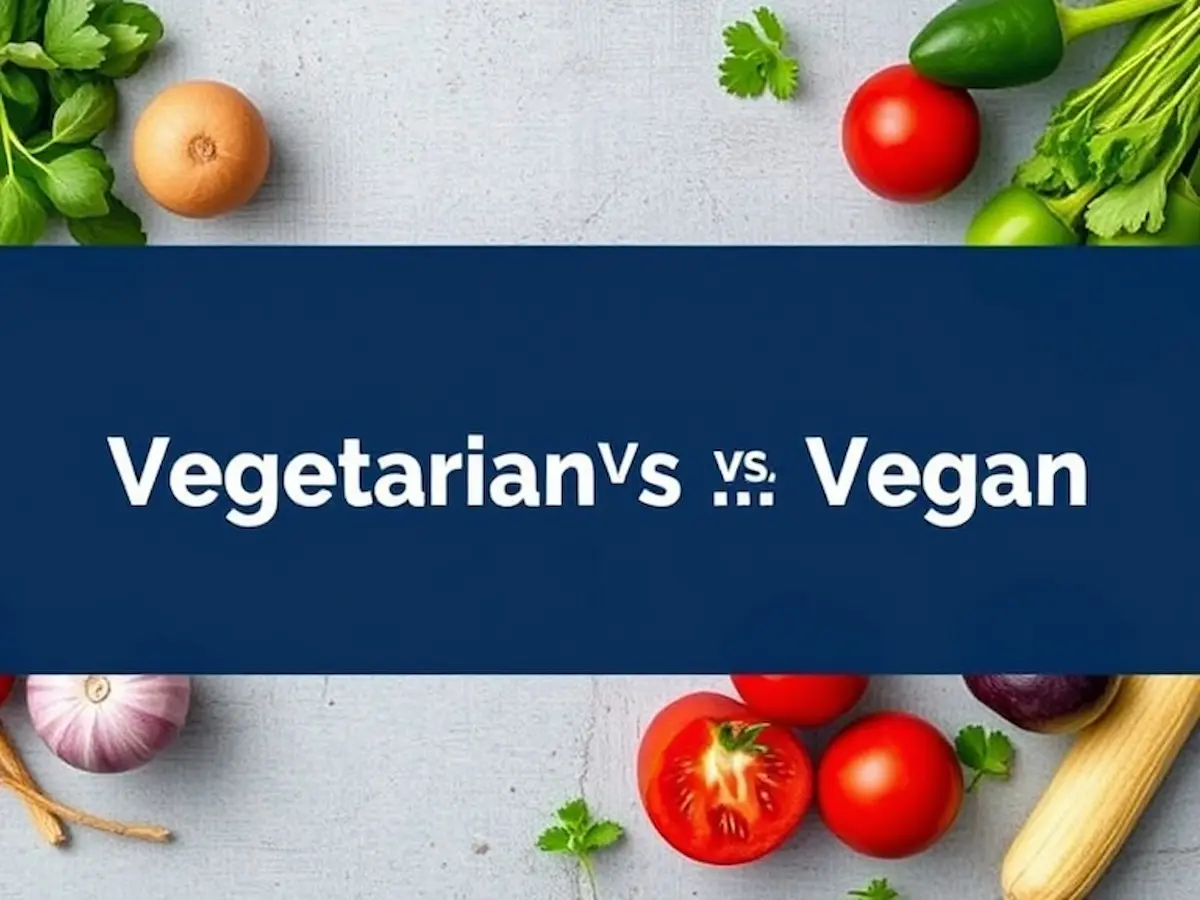

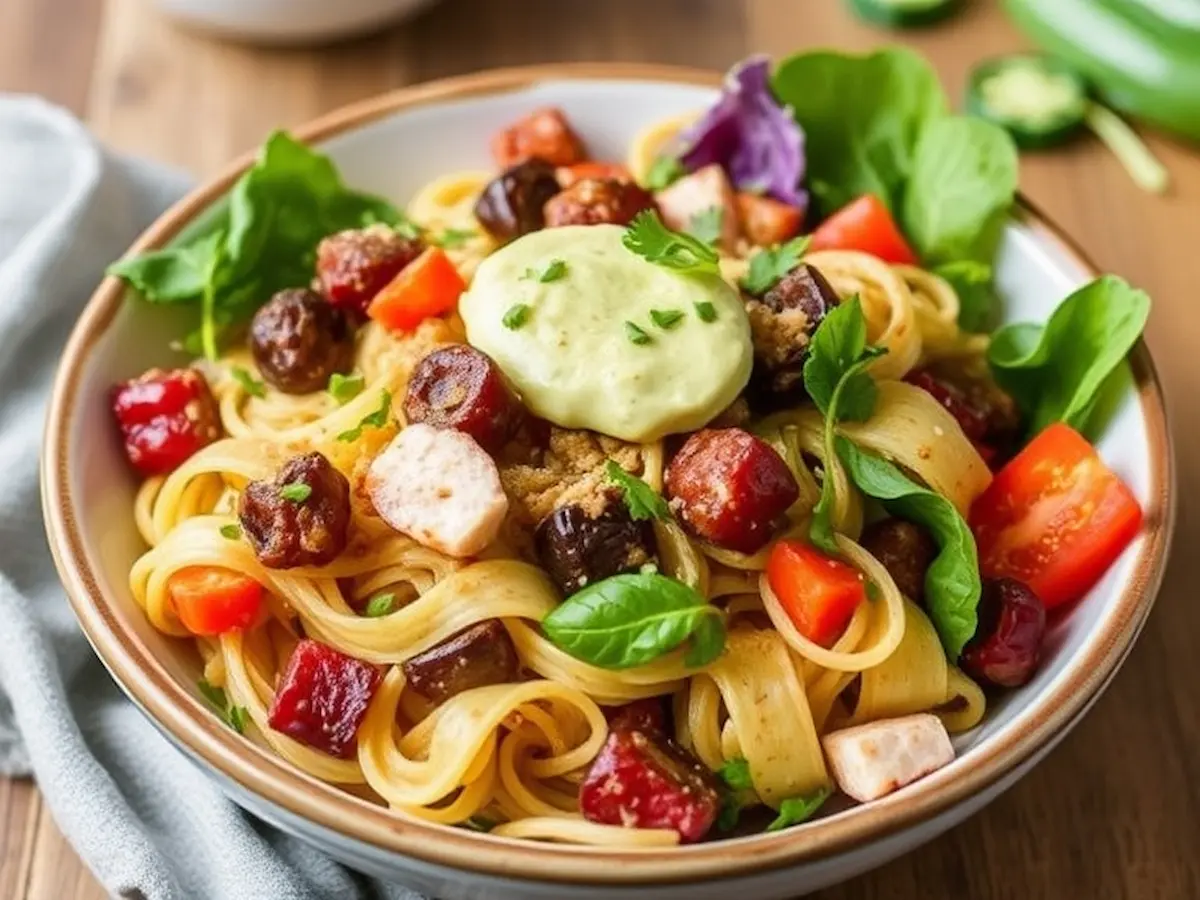

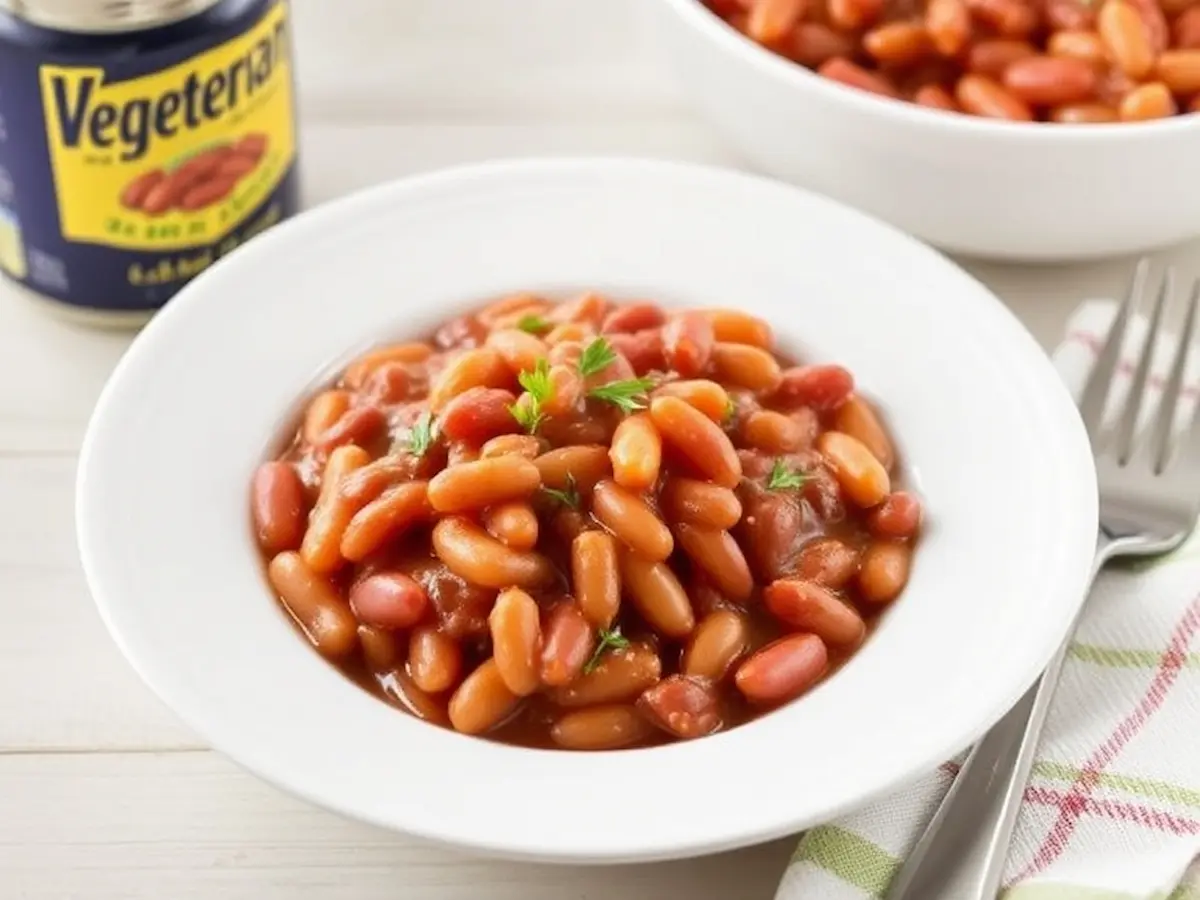


Pingback: Valuable Vegetarian Date Recipe (Famous In Asia & Middle East) – Https:https: 2024
Pingback: Best Vegetarian Filipino Dishes 2024
Pingback: Broadway Cuisine: Coming Across Treasured Recipes And Authentic Dishes (2024)